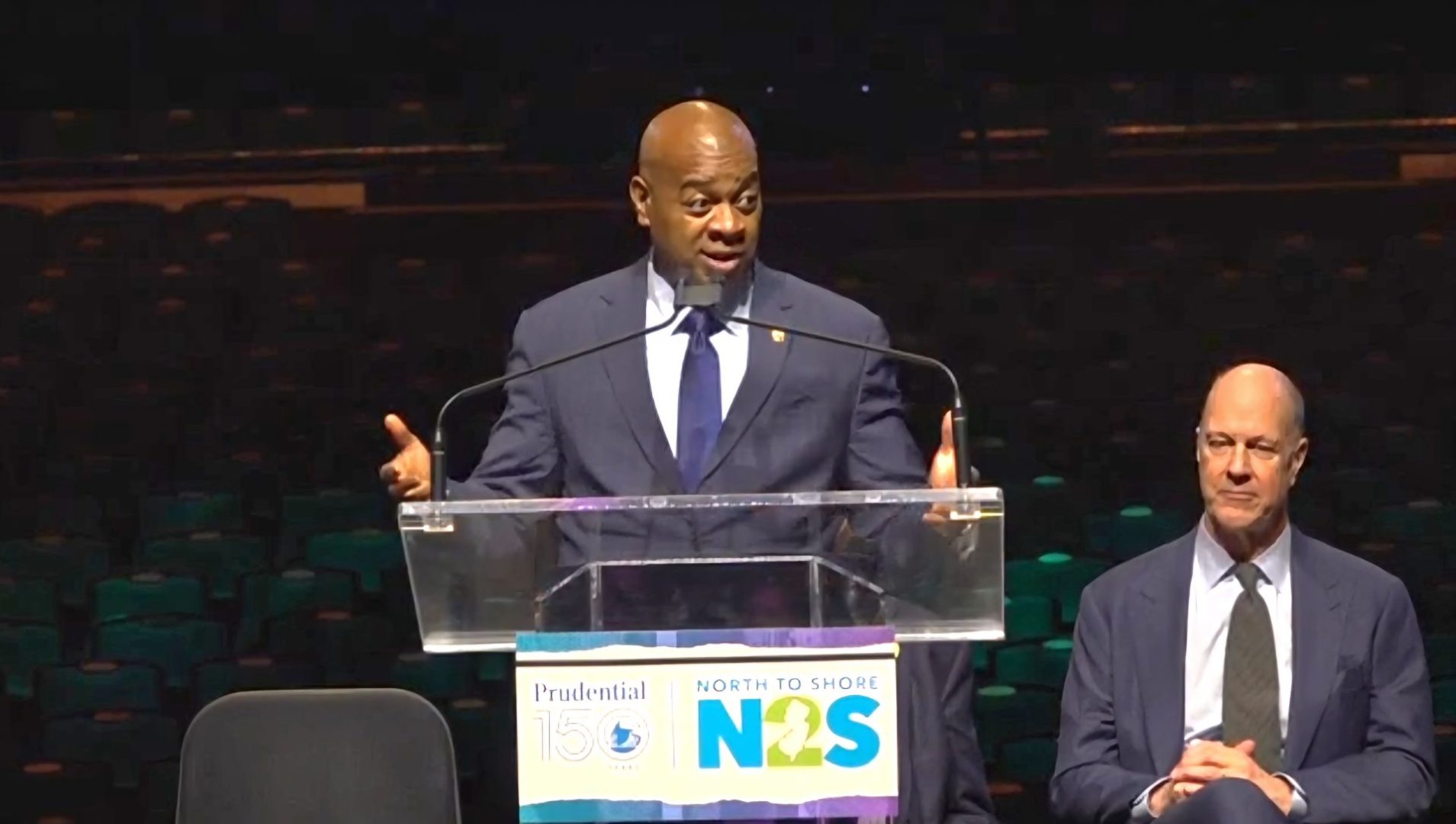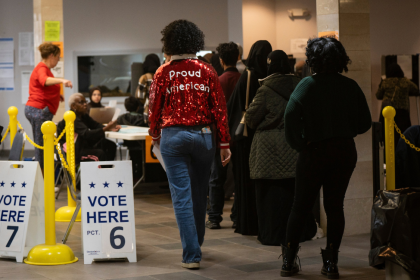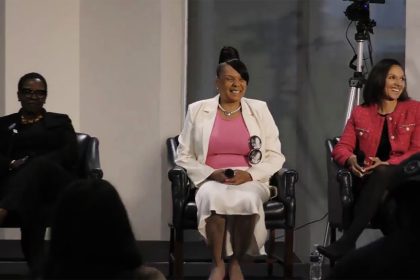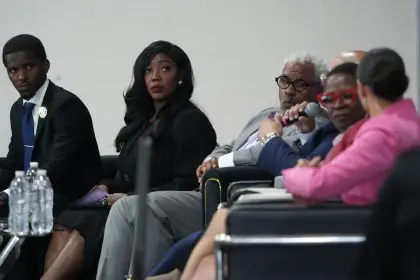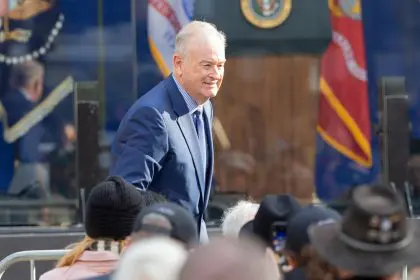Newark Mayor Ras Baraka’s arrest during a protest against the Delaney Hall ICE detention center has ignited a firestorm of controversy across New Jersey political circles. The dramatic Friday confrontation occurred as Baraka demonstrated against the newly opened facility, resulting in his detention for allegedly trespassing on federal property despite his position as the city’s highest elected official.
The incident unfolded when Baraka attempted to join a scheduled tour of the detention center alongside New Jersey Representatives Robert Menendez, LaMonica McIver, and Bonnie Watson Coleman. According to witnesses, federal agents blocked his entry, leading to a tense standoff that escalated when Baraka reportedly tried accessing the center through a side gate. The confrontation culminated with law enforcement officers physically removing protest organizers and placing the mayor in handcuffs.
Alina Habba, acting U.S. Attorney for the District of New Jersey, defended the arrest by asserting that Baraka had willfully disregarded the law after ignoring multiple warnings from Homeland Security Investigations to vacate the premises. Her statement emphasized that no individual stands above legal compliance, regardless of their public office. Following his arrest, authorities transported Baraka to an ICE office in Newark, raising significant questions about the treatment of elected officials engaged in political protests.

Months of mounting opposition
The tensions surrounding Delaney Hall have been building for months, with Baraka emerging as one of the facility’s most vocal opponents. Since before its May 1 opening, the mayor has consistently challenged the detention center’s legitimacy, raising concerns about permit issues and questioning whether the 1,000-bed facility could legally operate within Newark’s jurisdiction.
In February, Baraka’s office released a definitive statement declaring that Delaney Hall cannot lawfully open in Newark at this time, highlighting potential violations of city regulations. His persistent opposition stems from deeply held concerns about immigrant rights and the broader implications of expanding private immigration detention infrastructure within his community.
Congressional witnesses allege excessive force
The confrontation has drawn intense scrutiny, particularly after Representatives McIver and Watson Coleman, who witnessed the incident, alleged they were physically assaulted by ICE agents during the altercation. Rep. McIver stated that federal agents not only arrested the mayor of Newark, but put their hands on two members of Congress, amplifying concerns about the tactics employed by law enforcement during the protest.
These allegations have transformed what might have remained a local incident into a matter of national significance, raising questions about the boundaries of protest rights and the appropriate use of force against elected officials engaged in political demonstrations. The physical confrontation between federal agents and members of Congress represents an unusual escalation in the ongoing immigration policy debate.
State leadership responds with outrage
New Jersey Governor Phil Murphy swiftly condemned Baraka’s arrest as unjust, emphasizing that the mayor’s actions represented a continuation of months-long protests against the private immigration detention center. His statement highlighted that Baraka’s opposition has been shared by advocates, faith leaders, and congressional representatives, positioning the mayor’s arrest as an affront to legitimate political expression.
Senator Cory Booker echoed these sentiments while framing Baraka’s presence at the facility within his mayoral duties. Booker suggested the mayor was fulfilling his responsibility to ensure facilities operating within Newark comply with laws protecting occupant and resident safety. The senator characterized the incident as disturbing and unnecessary, further arguing that law enforcement should have prioritized de-escalation rather than arrest.
Facility at the center of controversy
The Delaney Hall detention center, which began operations on May 1, has become a flashpoint in the ongoing national debate over immigration enforcement practices. As a 1,000-bed facility designated for immigrant detention, it represents exactly the type of infrastructure that immigration advocates and progressive politicians have increasingly opposed across the country.
For Baraka and his supporters, the facility symbolizes broader concerns about the privatization of detention centers and the treatment of immigrants within the U.S. immigration system. The mayor’s willingness to risk arrest underscores the depth of these concerns and his commitment to preventing such operations within his jurisdiction.
Broader implications for political activism
Baraka’s arrest represents a significant moment in the evolving relationship between local governance and federal immigration enforcement. As mayors increasingly position themselves as defenders of immigrant communities against federal policies they view as unjust, confrontations like the one at Delaney Hall may become more common.
The incident raises fundamental questions about the limits of protest for elected officials and the appropriate response from federal authorities when facing opposition from local leadership. It also highlights the growing polarization surrounding immigration policy and the increasingly assertive stance taken by municipal leaders in challenging federal detention practices.
As legal proceedings against Mayor Baraka unfold, his case will likely become a rallying point for immigration advocates while simultaneously intensifying debates about the proper boundaries between federal authority and local governance. Regardless of the legal outcome, the Newark mayor’s arrest has already cemented his position as a prominent voice in the national conversation on immigration enforcement and detention practices.

